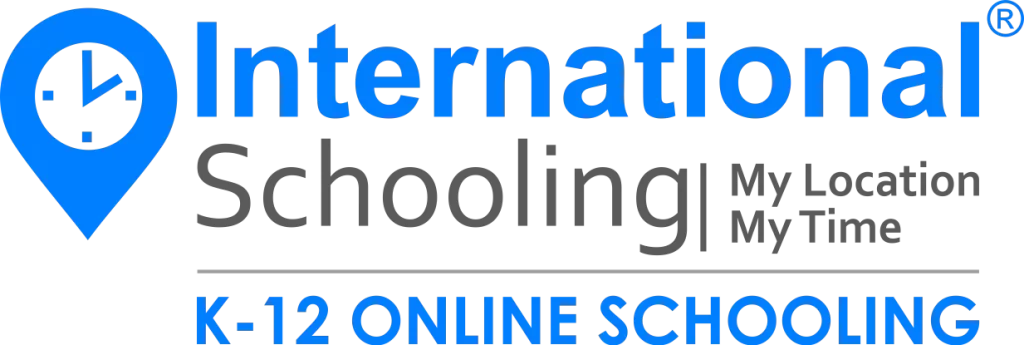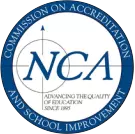A Parent-Teacher Conference is an excellent opportunity for parents to get to know about their child and their performance in school, and also for the teacher to get to know the child’s background and problems they face back home.
But the worst a parent can do in this meeting is talk about their child’s grades. Our suggestion is, don’t just ask about your child’s grades because report cards can tell you that and pretty well.
So here are ten questions you can ask your child’s teacher in the next Parent-Teacher Meeting:
1. In what areas does my child need improvement?
As a parent, we are often less critical about our child. But a teacher sees our child with a different lens and often notices the child’s weaknesses. It is a good thing to find out about those and try to work on the same with your child.
2. What is my child particularly good at?
Find out about the good things about your child too. Children often behave differently in school and their strengths can go unnoticed at home.
3. Is he nice to the people around him?
We parents always want our kids to be kind and have a nice attitude towards people and animals around them. And asking about their behaviour in school can enable you to help them better in developing emotional intelligence.
4. Is he giving his hundred percent?
It doesn’t matter what your child scored. A teacher usually knows if the child is working to his full potential or is slacking and not paying enough attention. Your child may be scoring good grades, but if s/he can do better by just getting focused, why not!
5. How can I grow my child’s interest in a subject?
We have all grappled with a subject we didn’t like, and it won’t be surprising if our kids are going through the same. Asking the teacher about ways to grow your child’s interest will give you ideas to make your child better at the subject.
6. How is my child doing emotionally?
It is important to know how your child is doing emotionally. Sometimes, kids tend to hide their feelings from parents and siblings because of certain circumstances in the house. However, they may show their true feelings in the class. Over-irritated behaviour or not paying attention can often hint at a bigger underlying problem.
7. Does my child see the chalkboard okay?
Sometimes children develop weaker eyesight at a small age but don’t tell parents of the difficulty they face while reading. It is important to ask the teacher if your child is having any vision problems.
8. Has my child been doing their homework?
Yes, children often hide their homework and never bring it home. If you have a child who does this, you can probably work out a homework journal which needs to be signed by you for the teacher to know your child showed you the homework.
9. Do you have any recommendations?
This will open a whole line of communication and can lead to the discussion of all the questions asked above. It is always important to hear the teacher’s recommendations because as parents we may be unaware of certain things while the teacher can guide us to the facility.
10. How can we work together to help my child?
Discuss with the teacher how you can best support the teacher. Your child benefits most when what they learn at school is reinforced at home.
Teachers are also curious to know what your child is like at home. After all, parents know their child best. It is important to note that when parents and teachers work together, the child wins.













